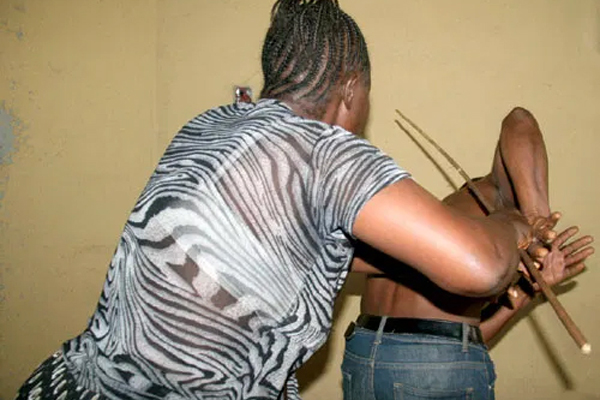Enforce policies that promote gender parity

What you need to know:
In response to rising cases of violence, the Uganda Police Force with support from UN Women, should report and respond to cases of violence against women and girls.
Even before the breakout of Covid-19 globally, 243 million girls were abused by their partners in the past year. Since the emergence of pandemic and the accompanying lockdown measures, countries around the world have seen an alarming rise in reporting on violence against women, especially domestic violence.
As Covid-19 continues to strain health services and compromise our economies and essential services, UN Women is working with women on the frontlines, who are responding to the pandemic of violence against women and girls every day. Violence against women is highly prevalent, and intimate partner violence is the most common form of violence. During health emergencies, such as the Covid-19 pandemic violence against women tends to increase.
Domestic violence became more pervasive during the Covid-19 lockdown because a lot of people lost their jobs and were frustrated as a result. Additionally, partners and co-habitants were locked up together and had no money to cater for their families. Women bore the brunt because they relied on their partners to provide for the family. Violence against women is a grave violation of women’s human rights, no matter when, where, or how it takes place. There are many forms of violence against women, which have many potential negative health consequences for women and their children.
Violence against women can result in injuries and serious physical, mental, sexual and reproductive health problems, including sexually transmitted infections, HIV, and unplanned pregnancies. In extreme cases, violence against women can result in death. The effects of violence are very often long-lived. Violence , in all its forms, can impact a woman’s well-being throughout her life.
This is unacceptable, and the risks of violence that women and their children face during the Covid-19 crisis cannot be ignored. In Uganda, restrictive lockdown measures were put in place to curb the spread of the coronavirus. These measures served their purpose, however, movement restrictions adversely impacted women and girls.
In response to rising cases of violence, the Uganda Police Force with support from UN Women, should report and respond to cases of violence against women and girls.
This support is crucial in providing a criminal justice response and access to services for survivors during the lockdown.
To end violence against women, we need sensitisation and teamwork. We must encourage survivors to break the domestic violence cycle and ensure that women, men and children understand their roles in ending it. The government should implement strict laws to protect women. We should also create awareness against domestic violence using radios and televisions.
To achieve this, it is important to enact and enforce laws and implement policies that promote gender equality by ending discrimination against women in marriage, divorce and custody laws, ending discrimination in inheritance laws and ownership of assets, improving women’s access to employment, etc.
Ireen Twongirwe,
[email protected]




